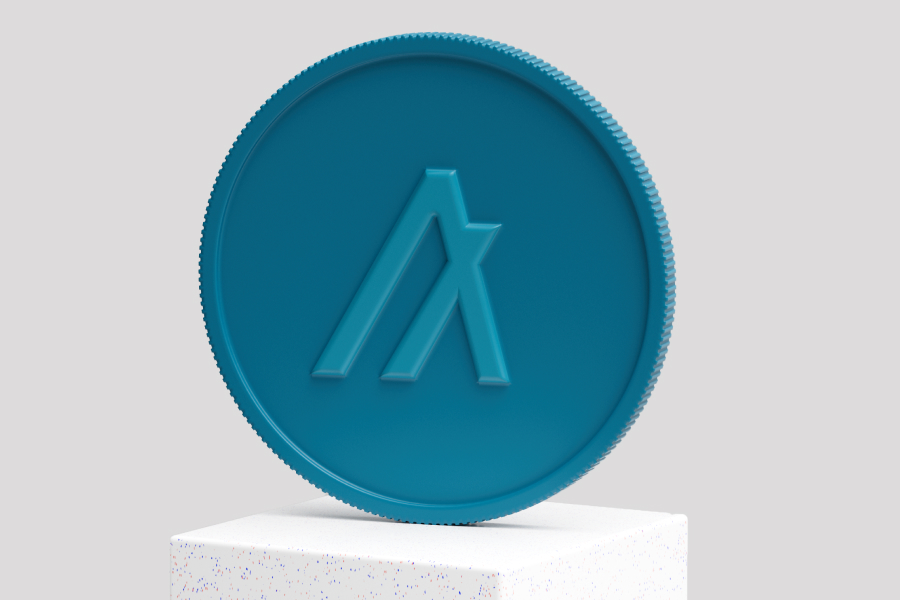What is Algorand (ALGO)?


Algorand is a cryptocurrency platform designed to support smart contracts and decentralised apps (DApps). Its native cryptocurrency, ALGO, is used in transactions made on the network, as a way to incentivise developers, and as a way to invest in it.
Algorand falls into the category of smart contract platforms and it’s a competitor of Ethereum, which originally pioneered the concept of smart contracts and dApps but faces scalability challenges. Algorand aims to address through its unique Pure Proof of Stake (PPoS) consensus mechanism.
What makes Algorand unique?
Algorand’s focus on efficiency and scalability, coupled with its decentralised consensus mechanism, creates a robust protocol that attempts to address the blockchain trilemma–achieving decentralisation, scalability and security simultaneously.
This is primarily achieved through its consensus mechanism, Pure Proof of Stake (PPoS). PPoS aims to solve the blockchain trilemma of achieving decentralisation, security and scalability simultaneously within a blockchain network.
PPoS is a highly democratic consensus mechanism where even a single ALGO coin can be used to participate in staking. This is in contrast to other traditional Proof of Stake models like Ethereum, which requires a minimum stake of 32 ether (ETH), creating a much higher barrier of entry for users.
Algorand’s PPoS mitigates the risk of centralisation and collusion using a cryptographic technique known as verifiable random functions (VRFs). This technique is employed to randomly select block proposers, who are responsible for suggesting and validating new blocks of transactions, based on their stake in the network.
In traditional Proof of Stake models, block proposers are often determined based on the amount of cryptocurrency they hold, which can lead to a concentration of power among a few high value participants. This concentration increases the risk of collusion, where these participants may conspire to manipulate the network for their benefit.
Another hallmark of Algorand’s PPoS is its fast block production, with a new block proposed every few seconds, allowing for rapid transaction processing. This efficiency allows for a high throughput and low latency, making Algorand highly scalable compared to traditional blockchain systems.
Who created Algorand?
Algorand was created in 2017 by computer scientist and MIT professor Silvio Micali. As the head of research at Algorand, Micali oversees various studies including theoretical, security, and crypto research. With a background at Massachusetts Institute of Technology (MIT) since 1983,
Micali is known for his contributions to cryptography, including probabilistic encryption and Zero-Knowledge Proofs. He is also a recipient of the prestigious Turing Award, a notable accolade in the world of computer science.
The Algorand Foundation
The Algorand Foundation is a non-profit organisation that oversees the funding and development of the Algorand protocol. The foundation also supports developer education in prestigious universities such as UC Berkeley, MIT, and other leading institutions around the world.
The Foundation’s mission is to build on the protocol’s mission to be a powerful platform and enable an inclusive, decentralised and borderless global economy.
Useful tools
Algorand website
Algorand blog
Algorand on X
* Investing in cryptocurrency may result in the loss of capital as the value can fluctuate.
 Discover
Discover Help Centre
Help Centre Status
Status Company
Company Careers
Careers Press
Press